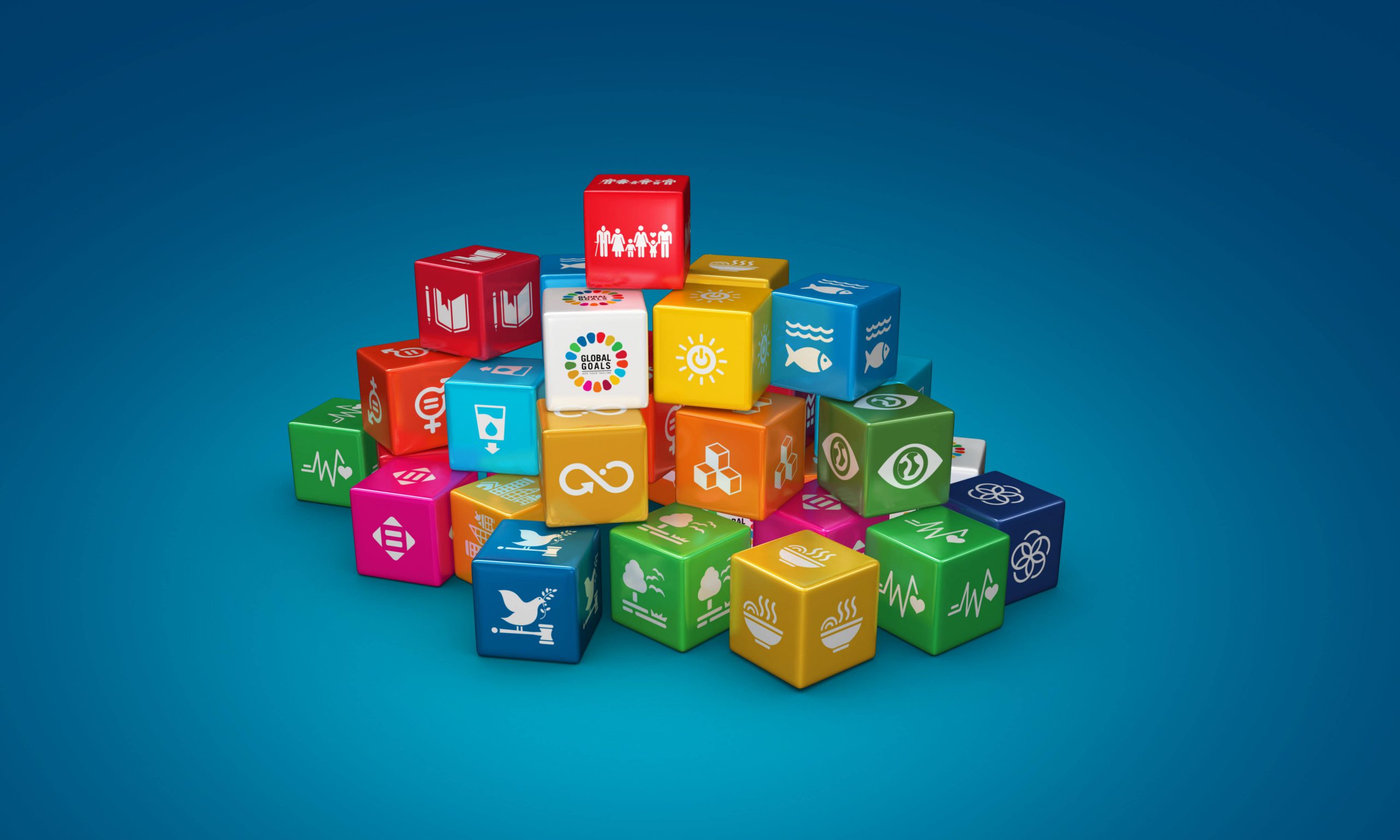3 June 2022; 2:00 - 4:00 PM
Venue: Tonino Lamborghini International Convention Center Sharm El Sheikh (Sinai Hall)
Arab Republic of Egypt
Overview:
Prior to the onset of the pandemic, progress towards achieving the SDGs by 2030 looked like a real possibility. Two years into the ongoing COVID-19 pandemic, that possibility is looking bleaker. SDGs related to alleviating poverty, making sure all have access to proper nutrition, health services and education, addressing climate change and reducing inequalities, have all regressed substantively. Indeed, accelerated by the advent of the Covid-19 crisis, the world has not witnessed this level of rising inequality in decades.
According to the Bank’s analysis (via the report entitled “Reaching the SDGs: Progress of IsDB Member Countries”), IsDB member countries overall SDG Index score stands at 61.0 in 2021 (the same level of 2020), suggesting that as a grouping, member countries are just at sixty percent towards achieving the 17 SDGs. In addition, whilst progress has been made in some goals, major challenges remain. Despite high achievement on some goals. Due to COVID-19 pandemic, there is a severe drop in the levels of Goals 1 and 2, Goal 1 (No Poverty) decreased by 2 percentage points in 2021 while Goal 2 (Zero Hunger) deteriorated by 8 percentage points in 2021.
On the other hand, the pandemic has also brought new innovations in technology, particularly in digital technologies as well as in healthcare, positively impacting the global response to the treatment of the COVID-19. New innovations in education, while mainly being adapted by well-off countries, provide new pathways for expanding the reach of education to all corners of society through inclusive development policies. A fresh look at development approaches is required in order to accelerate recovery from the pandemic and ensure that no one is left behind. Substantive lessons learned from the pandemic have to be considered to formulate smart and inclusive national as well as global socio-economic policies, which need to be actioned rapidly in order to provide a dignified scorecard on sustainable development by 2030.
Key issues to be addressed:
- What is the current state of development across the globe in general, and in IsDB MCs in particular, regressions in the SDGs, rise in inequalities and how the pandemic has exacerbated the achievement of the Goals within this Decade of Action.
- What are the substantive lessons learned from the pandemic which should inform new policy directions for sustainable development.
- What key actions need to be taken rapidly to arrest the regression of sustainable development in IsDB member countries and what the IsDB can do to contribute to this process.










